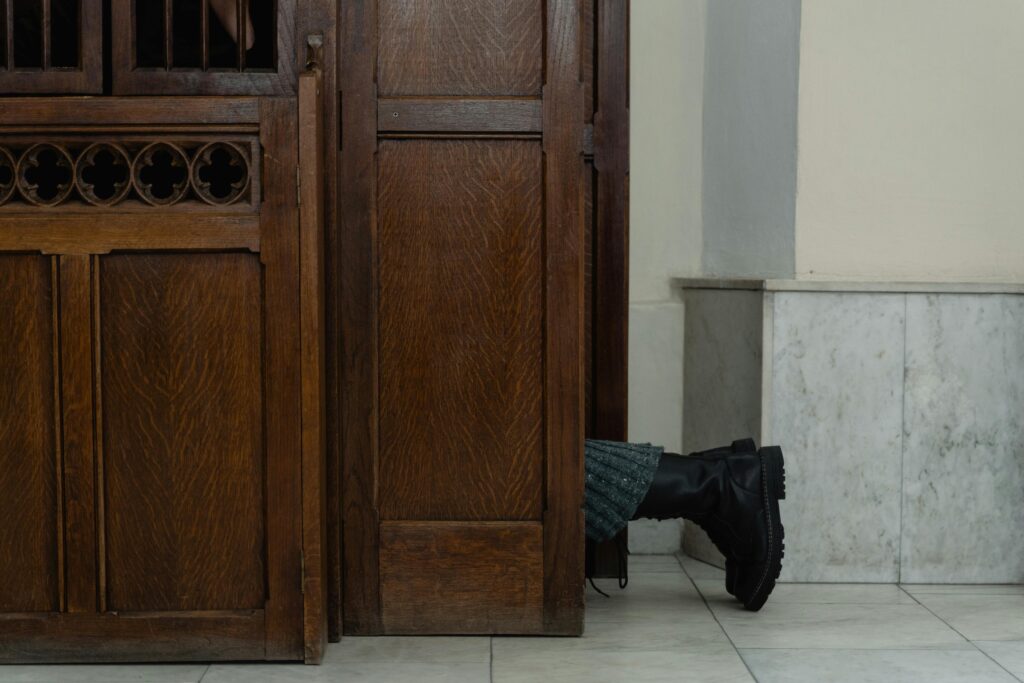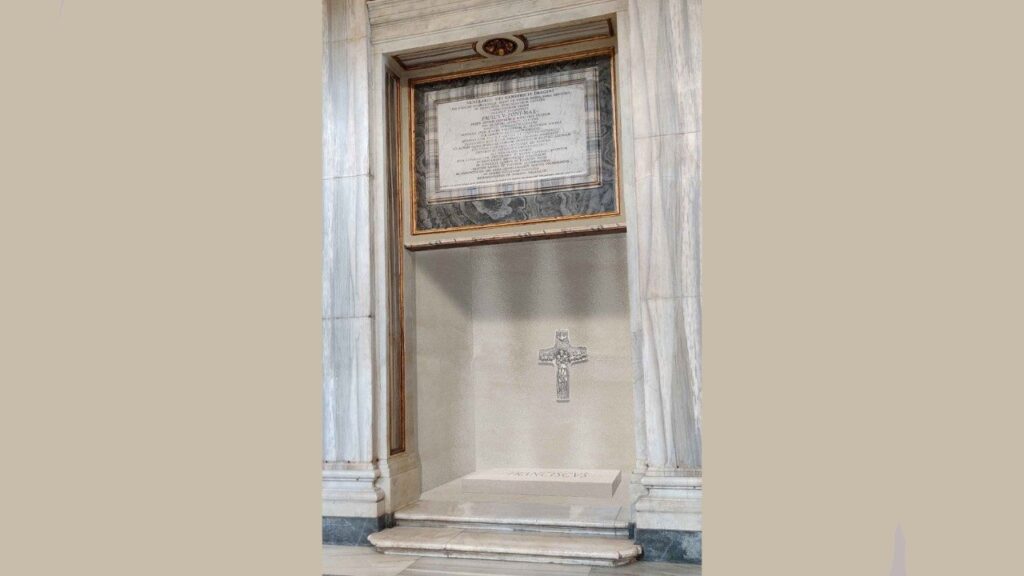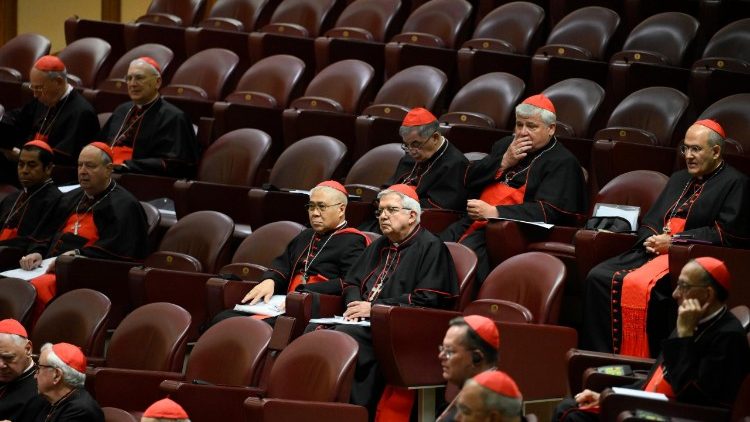Confession is necessary for a true reform of the Church
Cardinal Piacenza opened the 34th Course on the Internal Forum with a reflection on the sacrament of reconciliation, "authentic reason for the Jubilee": like a sculptor, God "frees the penitent from all useless waste"

What is needed is “a more divine Church, which is capable, through its members, always renewed by grace, of making the light of God shine in the human aspect of each day”, for it is necessary to “begin again from confession, from mercy, to be pilgrims of hope”. With a lectio magistralis, Cardinal Mauro Piacenza, Major Penitentiary, opened this afternoon the 34th Course on the Internal Forum, developing his reflection with a look at Jubilee 2025, which, like every Holy Year, “will have at its center the double dimension of the pilgrimage ad Petri Sedem and the sacrament of Reconciliation”. With the priests and candidates for sacred orders – gathered until March 8 in Rome, in the Palace of the Chancellery – the cardinal highlighted how central and determined is, as the “authentic reason for the Jubilee”, sacramental reconciliation with God and with the Church, which is also “the precondition for any other possible reconciliation: with oneself, with one’s brothers, with society and with history.”
Personal renewal generated by Grace
We are pilgrims because “we walk towards a precise destination”, which “has revealed itself, in a unique and personal way”, Jesus Christ, Light of the world, explained Cardinal Piacenza. But “so that this Light shines in the darkness of the world and becomes bearer of hope”, must first shine in each one of us. “A renewal of the Church and the world” requires, in fact, first of all, a “personal renewal, generated by Grace, which makes each one a bearer, a pilgrim of hope,” said the Major Penitentiary, but since man alone is not “capable of ‘resolving himself’,” “of knowing himself deeply,” to be able to “undertake a pilgrimage of true communion with himself , of true renewal and human fulfillment”, it is necessary “that someone, outside of him, offers him mercy and forgiveness”. Therefore, “forgiveness is only authentic if it comes ‘from outside’, from the Other.”
The ecclesial value of confession
Confession is also “a true and proper ‘new creation'”, the cardinal then said, because God – like a sculptor who removes from the matter what covers the image, according to Michelangelo’s thought – “frees the penitent from all the ‘useless dross’, which has been deposited in him because of sin, causing the new man to emerge again and again, made in his image and likeness.” Furthermore, he “makes us pilgrims of hope, because he gives us the certainty of being continually renewed by Grace” and “of always being ‘sculpted’, liberated by God.” It is a dynamic that “also has a profound ecclesial value” because, for a “true reform” in the Church, we must allow ourselves to be “swept away, always anew, our human constructions and encrustations by the mercy that comes from above.”
The saints, the majority who guide the Church
In his report, Cardinal Piacenza also stressed that the Church is made up of the laity, the hierarchies, “all the witnesses of hope in the Messiah of the Old Testament, up to the Blessed Virgin Mary and the Apostles”, the saints and “all the unknown men and women, whose faith only God could see, and who now see Him face to face” and that “the saints are the true, decisive majority, according to which the Church is oriented”, those who “mysteriously bring something of the ‘divine’ to the human”, “our teachers of humanity, who do not abandon us even in pain and loneliness”. For this reason, the Major Penitentiary points out, “baptismal holiness, which inserts us into the communion of the Church, and the sacrament of Confession, which recreates in us the image disfigured by sin, are the true source of our being ‘pilgrims of hope’, of our journey towards eschatological hope”, which “allows us not to trust in merely human constructions, in social or political systems” and “even less in a supposed ‘new Church’ made only by human hands”.
The meaning of penitence
Finally, we must keep in mind that the “hope that Confession gives” is not free of fatigue; reconciliation opens, in fact, “to penitence, which is nothing other than the realization of forgiveness in me,” he concludes. Cardinal Piacenza, of the renewal of each person, which must be seen within the Church, because, “with Confession, man is torn from his sin and the consequent sad isolation and is welcomed freely, inserted” directly into the Church, “the community that unites and sustains in life and death.”
Related

Cardinal Parolin at the Novendalia Mass: “Mercy leads us to the heart of faith”
Exaudi Staff
27 April, 2025
8 min

Thousands of faithful bid farewell to Pope Francis in St. Peter’s Square
Exaudi Staff
26 April, 2025
2 min

Francis’s Tomb: A Legacy of Humility and Closeness
Exaudi Staff
25 April, 2025
4 min

Cardinals Intensify Their Spiritual and Pastoral Preparation at the Third General Congregation
Exaudi Staff
24 April, 2025
1 min
 (EN)
(EN)
 (ES)
(ES)
 (IT)
(IT)

